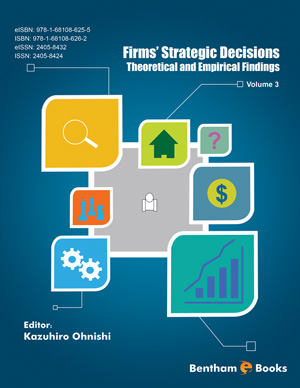Abstract
Online privacy is an Internet user’s control of how much personal
information is shared with a third party. Unfortunately, some third parties, such as data
brokers, collect user data without permission to resell the data to other parties. Browser
tracking allows each Internet user to be uniquely identified, and in-depth user profiles
are built. Browser fingerprinting is one of the most effective methods of browser
tracking. It uniquely identifies each user through their devices’ configuration, even for
users using the same device models. Using Virtual Private Networks, the Tor browser
and specific browser extensions as a countermeasure against browser fingerprinting are
not widespread, so it often results in a compromised user experience. Researchers have
proposed various classification machine learning approaches to improve browser
privacy; some focus on recognising and blocking advertisements and website scripts
that track users. In contrast, others identify potential vulnerabilities in browser security
configurations. There is a need for more research in machine learning, especially
natural language processing, to enhance browser privacy.









.jpg)


